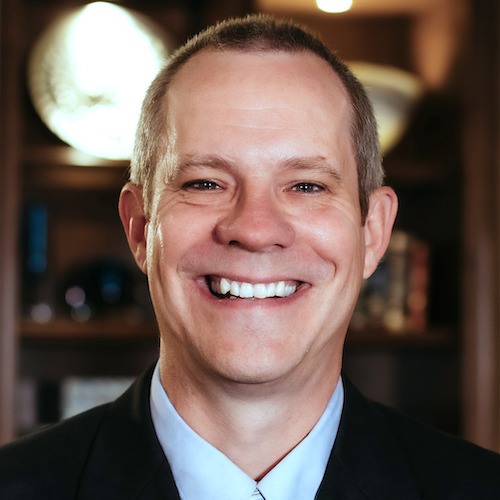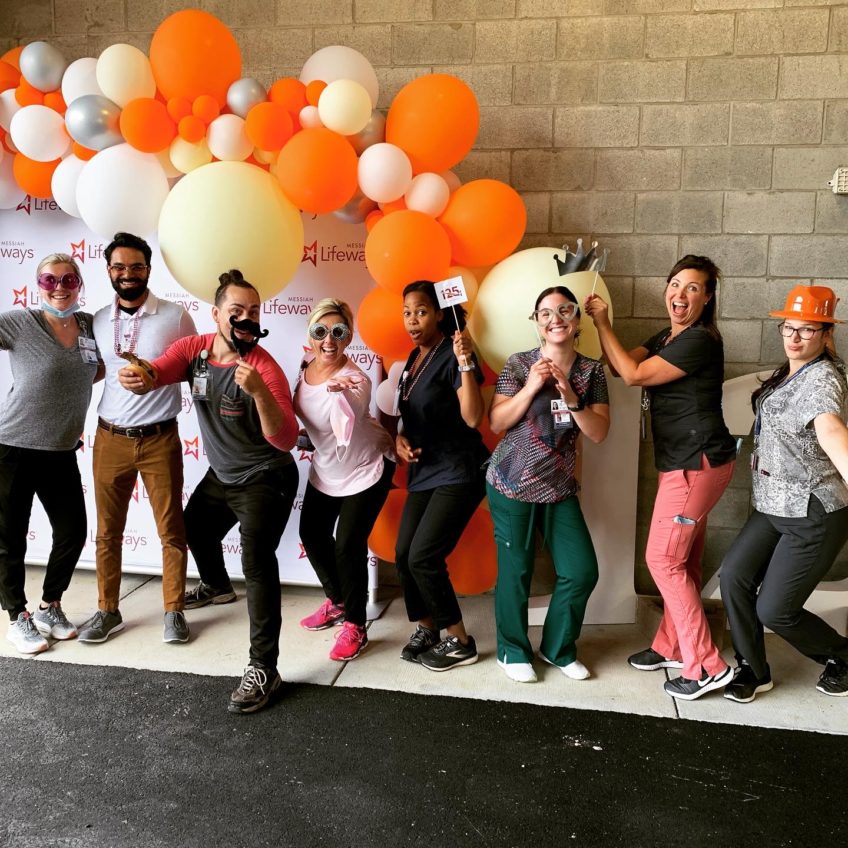Recognizing that a career in senior living is rewarding — but not easy — Messiah Lifeways announced Thursday that it is raising wages across the organization, including implementing a $15-an-hour minimum wage.

Karl Brummer, senior vice president and incoming president and CEO of the Mechanicsburg, PA-based continuing care retirement community, told McKnight’s Senior Living that the senior living industry, as a whole, was finding it more and more challenging to recruit and retain a high-quality workforce even before the pandemic. Those challenges, he said, were only exacerbated by COVID-19.
“As much as we want to turn the page, we’re still in the throes of it, and our team is constantly juggling ever-changing protocols and precautions. People are simply exhausted, physically and emotionally,” Brummer said. “Our desire to show that we truly value the employees we currently have, along with the recognition that we need to be as competitive as possible in order to attract new employees in the current market, is what led to this decision.”
The minimum wage increase — up from $12.20 per hour — will benefit 23% of Messiah Lifeways’ 500 employees.
CNAs, LPNs and RNs also will receive an increase to their starting hourly rates next month — CNAs will see a $2 per hour increase to $18.50 per hour, and LPN and RN starting wages are going up $1 per hour to $25 and $31 per hour, respectively. All of those positions also are eligible for up to $2 per hour shift differentials.
Brummer said he is prepared to offer hazard pay again if the situation requires it, and Messiah Lifeways will continue offering sign-on bonuses for the foreseeable future.
He said that although the organization can’t alleviate all of the stressors of the pandemic, he hopes the wage boost will be a start. But “challenging days are still ahead,” and outside pressures are mounting, Brummer added.
“The Pennsylvania Department of Health is pushing to raise staffing ratios, and the Biden administration’s recent announcement of vaccine mandates for providers who receive Medicare and / or Medicaid funding will exacerbate the already challenging workforce environment,” Brummer said.
To get ahead of the increasing shortage of caregivers, Messiah Lifeways established partnerships with educational institutions to create a pipeline for careers in long-term care. The provider also is offering on-site nurse aide certification classes through a partnership with the local community college, as well as tuition reimbursement, leadership training programs and shift differentials.
“But at the end of the day, if you can’t make a competitive wage, those other benefits aren’t always enough to stay, especially when you can make the same amount, if not more, at a fast food restaurant or warehouse down the street,” Brummer said. “We know that not every provider is in a position to raise wages at this time, but we’re thankful for the ability to do so at Messiah Lifeways.”
Juniper’s living wage
Back in 2016, when many senior living and care providers were taking a stand against proposed minimum wage increases, Juniper Communities set a goal of increasing hourly minimum wages in its communities to $15 by the year 2020.

Founder and President Lynn S. Katzmann, Ph.D., told McKnight’s Senior Living that the Bloomfield, NJ-based company met its 15×20 program goal and is even over that number at many of its communities.
“It was hard, but worth it, and it built trust,” Katzmann said, adding that Juniper implemented the change over several years. “Four years ago, we took a look at wage rates and decided if we want people to provide good care in our communities, we need to provide a living wage.”
Her advice to other providers considering raising their wage rates is to communicate with all stakeholders — employees, residents and families — and recognize that it’s not just about bringing up the bottom, but understanding the relationship of wages across the board and lifting everyone up at the same time.
“Making it clear this is something we believe in, it’s part of our corporate values, it’s fair and right and has a positive impact on all of us, and we’re all going to be involved in making it a reality,” Katzmann said.
Although she said the move had had an effect on recruitment, the impact on retention was greater before the pandemic. Katzmann said it’s been a difficult year, and although wages have helped, frontline workers are feeling fatigue and a form of post-traumatic stress disorder.
“They’re on the front lines. They’ve seen a lot of death, a lot of destruction, and it takes an emotional toll as well as a physical toll,” Katzmann said. “Minimum wages are absolutely the foundation — you have to have it at this point in time. To attract people, it’s going to take more than that. You’re going to have to build a set of support systems in addition to that if you want to attract and train people over time.”



